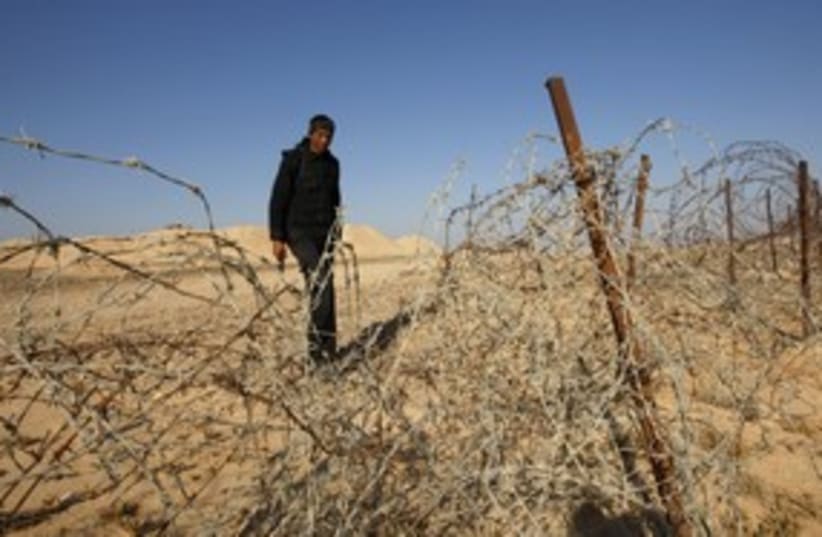Reuters contributed to this report.
Brotherhood lawmaker: US aid to Cairo 'assured'
Senior Muslim Brotherhood official tells 'Al Hayat' if the US cuts aid to Egypt, it would be violation of 1979 peace accords.

Reuters contributed to this report.